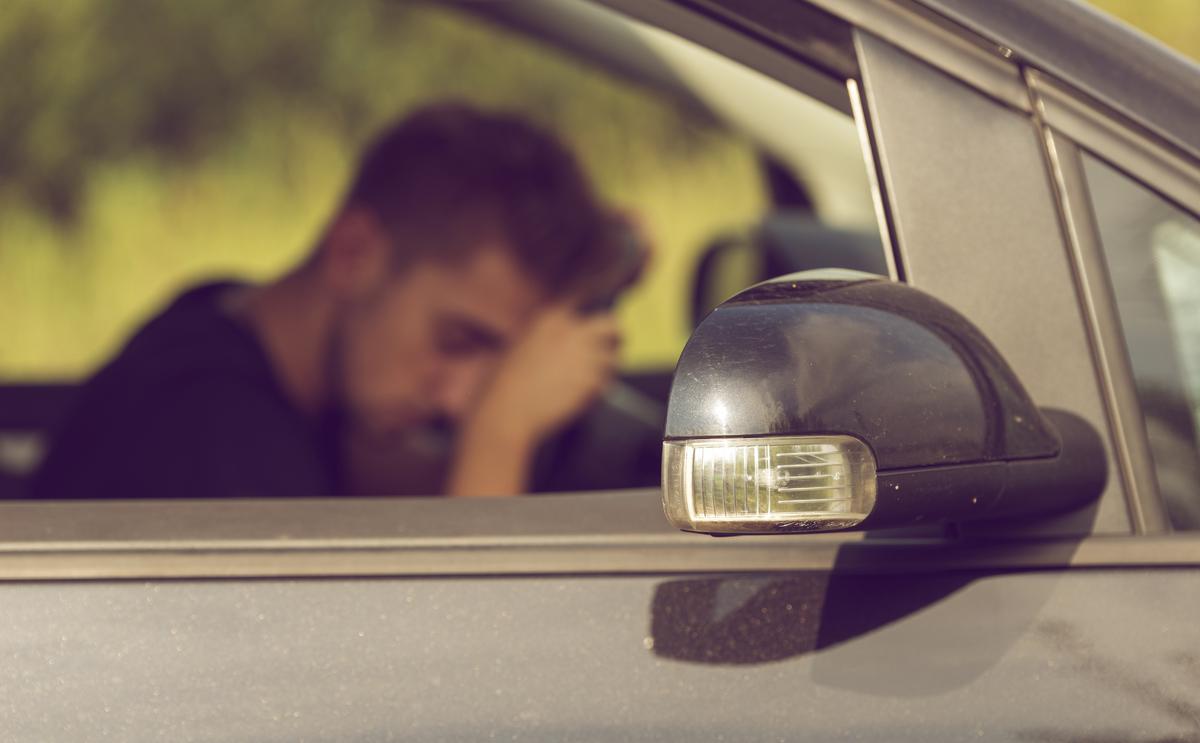
How many road accidents are due to overtiredness or drowsiness? The data reported by the Traffic Police tends to underestimate the problem of drowsiness or overtiredness as a cause of road accidents, because it is difficult to document. According to Traffic Police reports, approximately 1% of all accidents and 3% of the fatal accidents are caused by drivers having fallen asleep while driving.
Which categories of drivers may feel drowsy while driving?
According to research, the following categories are most at risk:
- Young drivers
- Men
- Persons who work long hours
- Persons who work rotating shifts
- Persons who have consumed alcohol or other substances
- Persons suffering from undiagnosed sleep disorders
However, all drivers are at risk under certain circumstances, e.g. when driving for long distances without a break.
What are the warning signs of overtiredness?
Failure to remember the last few kilometers. Thoughts without cohesion, difficulty in focusing attention. Difficulty in keeping eyes open or head upright. Repeated yawning. Leaving the traffic lane you are traveling in without reason.
What can you do to avoid drowsiness while driving?
Make sure that you sleep well at night, travel with other people, plan short breaks at regular intervals, avoid alcohol and other drugs which may affect you, seek medical assistance if you suspect that you suffer from a sleep disorder.
What must you do if you develop drowsiness while driving?
Recognize the early signs of tiredness, find a safe place to stop, get a nap for 20-40 minutes, drink coffee.
If you are planning a long journey with the car:
- Sleep well the night before. Plan to drive during the hours you are usually alert and spend the night somewhere.
- Avoid driving during hours that people usually feel sleepy due to their circadian rhythms. These hours are usually early in the afternoon (between 15:00 and 16:00) and from midnight to 6 o’clock in the morning.
- If you have passengers in the car, talk to them. This will help you stay awake and they will be able to tell you whether you are showing signs of drowsiness.
- Plan breaks every two hours. Take a nap, stretch your limbs, walk, or do some exercises before getting back behind the wheel.
- Stop right away if you feel drowsiness coming on.
INEFFECTIVE TRICKS
Do not rely on opening the window, the coolness of the air conditioning or loud music. They won’t keep you alert for long.

